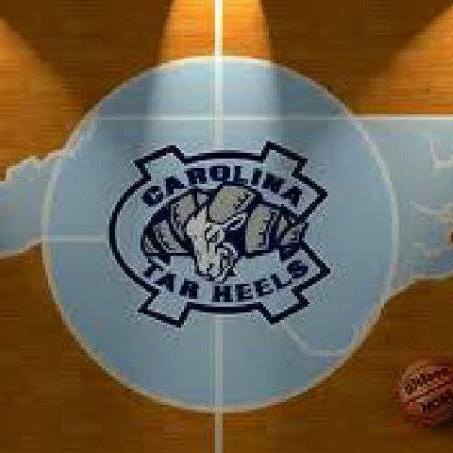Claim Management Adjusters (CMA), a full-service public adjusting firm committed to helping families and businesses recover from insurable property damage and loss, is expanding its nationwide services to include appraisals for restoration contractors.
“Having served restoration contractors and insureds for nearly a decade, we are confident in adding appraisals to our offerings,” said CMA’s Jeremy Walls. “We know we have the skills, network and processes to add value and get results.”
Established in 2009, CMA is well-versed in the claims and appraisal process. The new appraisal division provides contractors and third-party estimating and supplementing partners a seamless, scalable escalation process for:
- Roofing Claims
- Fire & Flood Claims
- Water Mitigation Claims
With affiliate appraisers located across the U.S., CMA is able to process appraisals at high volume, anywhere in the country—even during large-scale disasters.
When to Bring in an Insurance Appraiser
Oftentimes, an initial insurance claim offer is much lower than is needed to repair the damage. When this happens, the contractor or a third-party claim manager will dispute the offer on behalf of the policyholder and, ideally, reach a formidable settlement. However, in cases where the parties “agree to disagree,” the contractor or claim manager can choose to bring in an appraiser to calculate the amount of loss from a neutral perspective. This is especially helpful for contractors, who prefer to focus on growing their business and serving customers rather than negotiating with insurance companies.
How an Insurance Appraisal Works
An insurance appraisal is a form of alternative dispute resolution—much faster and far less costly than going to court. The appraisal process allows both parties (the insurer and the policyholder) to choose their own independent appraisers. The appraisers then agree on an “umpire” to act as the arbiter before conducting separate appraisals.
The umpire will not be involved if the appraisers can agree to a fair, binding settlement based on their itemized calculations. If they are not able to agree, the umpire is brought in, and the decision agreed to by two of the three parties will stand (again, legally binding).
Why a Public Adjuster Makes a Great Appraiser
As an experienced public adjusting firm, CMA is well-versed in documentation, evaluation, negotiation and other key aspects of insurance disputes. Our appraisers are trained and qualified to analyze, investigate and assess damage from fires, floods and other perils. We are here to support our fellow industry professionals and advocate for the consumers they serve.
Contact us for a free consultation.
What our Extremely Satisfied Past Customers have to rave about us







